Governments have a large number of basic data which can be of economic and social value to society as a whole. Along those lines, more and more European countries are developing policies to release this data as Open (Government) Data. The European Data Portal (EDP) harvests the metadata of Public Sector Information available on public data portals across European countries. Going beyond the harvesting of metadata, the strategic objective of the EDP is to improve accessibility and increase the value of Open Data. The EDP addresses the whole data value chain: from data publishing to data re-use.
So what’s in it for Belgium?
In comparison to 2015, Belgium has improved its Open Data Maturity by 14% with an average of 48%. Amongst others, more regional initiatives are present and included in the national portal, the number of unique visitors per month to the national portal has increased and it is now possible to provide feedback on the national portal. However, still a lot has to be done to reach the EU average of 57%. By being a Federal State, harmonising licences can often be difficult to achieve. The EDP offers automated assistance with licensing conditions to help you understand what licences have been attached to what data sets and how these are compatible with other licences. On the EDP you will also find online training modules, a checklist for using data and a publisher’s Goldbook in case you would like to publish data. Besides, the EDP features many reports providing you further recommendations on how to improve your Open Data Maturity, both on policy and on portal features.
The benefits of using the DCAT-AP
The European standard to facilitate interoperability between different data catalogues published on the Web is the Data Catalogue Vocabulary Application Profile, also known as the DCAT AP. For data publishers, using the DCAT-AP means they can increase the discoverability of the data and thus re-use. While data re-users can search across platforms without facing difficulties caused by the use of separate models or language differences. Belgium has made great progress in making data publishers aware of the DCAT-AP and the benefits it brings. The challenge will be the integration and coordination of all regional portals into one by making use of this handy tool.
More about the EU Data Portal and what's in it for Belgium? Attend Wendy Carrara's keynote session in the auditorium on 6 March 2017 at Open Belgium 2017.



Share